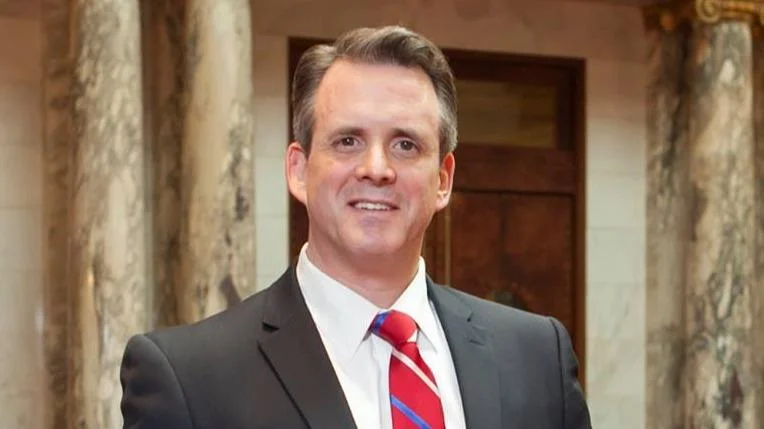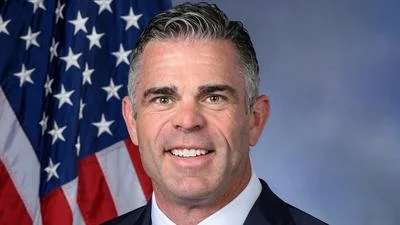David Steffen, Wisconsin State Representative for 4th District | www.facebook.com
David Steffen, Wisconsin State Representative for 4th District | www.facebook.com
According to the Wisconsin State Legislature's official website, the bill was described as follows: "crime victim notification cards. (FE)".
The following is our breakdown, based on the actual bill text, and may include interpretation to clarify its provisions.
In essence, the bill mandates that in counties with a victim and witness office, these offices must provide crime victims with notification cards for updates about court proceedings involving a defendant, rather than the clerk of courts managing this task. The director of state courts is responsible for designing and distributing these notification cards, which victims may use to request updates on court proceedings or modifications to a defendant's sentence or probation period. The cards are designed to include the victim's and defendant's relevant information and will be provided free of charge. Additionally, any court records that include victims' mailing addresses are to be kept confidential and not subject to public inspection or copying.
The bill was co-authored by Sen. Jesse L. James (Republican-23rd District), Rep. Scott Allen (Republican-82nd District), Rep. Barbara Dittrich (Republican-99th District), Rep. Bob G. Donovan (Republican-61st District), and Rep. Rick Gundrum (Republican-58th District). It was co-sponsored by Sen. Howard L. Marklein (Republican-17th District), Sen. Brad Pfaff (Democrat-32nd District), and Sen. Van H. Wanggaard (Republican-21st District), along with 10 other co-sponsors.
David Steffen has authored or co-authored another 78 bills since the beginning of the 2025 session, with one of them being enacted.
Steffen graduated from the University of Wisconsin-Madison in 1995 with a BA.
Steffen, a Republican, was elected to the Wisconsin State Assembly in 2015 to represent the state's 4th Assembly district, replacing previous state representative Chad Weininger.
In Wisconsin, the legislative process starts when a senator, constituent, group, or agency proposes an idea for a bill. After drafting, the bill is introduced, numbered, and referred to a committee for review and public input. If approved, it moves through three readings and votes in both the Senate and Assembly. Once both chambers pass the same version, the bill goes to the governor, who can sign it, veto it, or let it become law without a signature. Only a small share of bills introduced each session ultimately become law. You can learn more about the Wisconsin legislative process here.
| Bill Number | Date Introduced | Short Description |
|---|---|---|
| AB370 | 07/17/2025 | Crime victim notification cards. (FE) |
| AB222 | 04/23/2025 | A sustainable aviation fuel production tax credit. (FE) |
| AB208 | 04/23/2025 | An income and franchise tax exemption for broadband expansion grants and for federal high-cost program funding for broadband expansion. (FE) |
| AB132 | 03/13/2025 | Creating a board to organize, promote, and host a Wisconsin nuclear power summit. (FE) |
| AB108 | 03/11/2025 | A nuclear power siting study and time limits for taking final action on certain certificate of public convenience and necessity applications. (FE) |
| AB67 | 02/24/2025 | Venue for actions in which there is a governmental party |
| AB46 | 02/17/2025 | Flags flown at state and local government buildings and eliminating a related administrative rule |
| AB35 | 02/17/2025 | Withdrawal of candidacy for certain offices filled at the general election and providing a penalty. (FE) |






 Alerts Sign-up
Alerts Sign-up